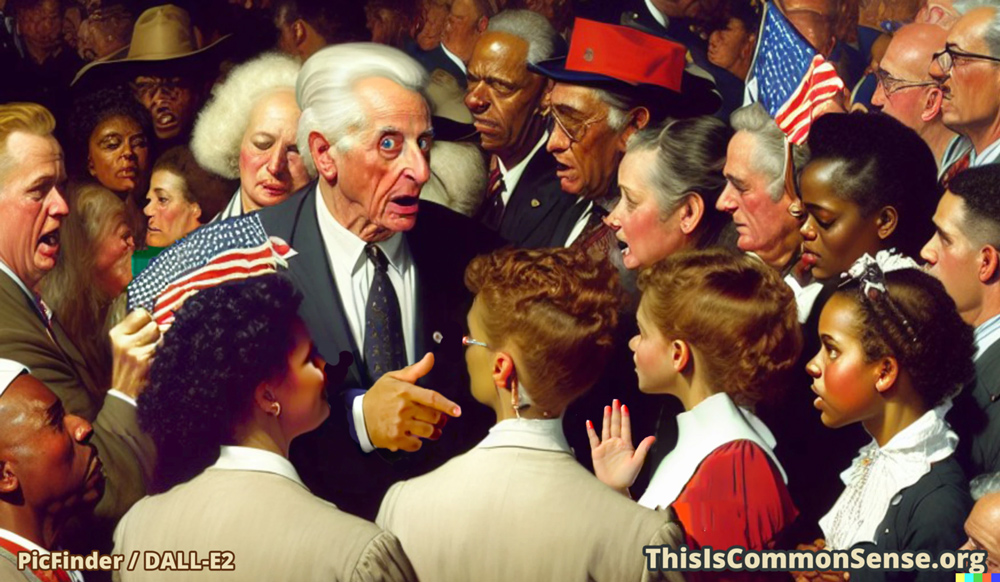Alabama recently passed a law to prohibit public agencies from disclosing information “that identifies a person as a member, supporter, or donor of a 501(c) nonprofit organization . . . except as required by law.”
SB59 is comprehensive, stating that “notwithstanding any provision of law to the contrary,” no public agency may compel disclosure of such information or itself publicly release such information.
The initial delimitation “except as required by law” seems ambiguous. But SB59 goes on to specify that exceptions would pertain to things like the requirements of a “lawful warrant” or a “lawful request for discovery of personal information in litigation.”
Passage is a big deal because, until now, agencies in the state had been permitted to collect and disclose such information.
Many nonprofits are political or ideological in character, promoting causes that are controversial. When this is so, who especially appreciates unfettered access to donors’ names and addresses? Obviously, opponents of the cause who would like to target donors with propaganda or even actively harass them.
On the national level, recognition of the problem is represented by the U.S. Supreme Court’s 2021 ruling in Americans for Prosperity Foundation v. Bonta. The court threw out a California requirement that nonprofits in the state had to divulge the names and addresses of their biggest donors to the attorney general. The Foundation plausibly argued that the requirement would deter people from contributing.
Several other states have also enacted SB59-style legislation. The number we need is 50.
This is Common Sense. I’m Paul Jacob.
Illustration created with Midjourney
—
See all recent commentary
(simplified and organized)





